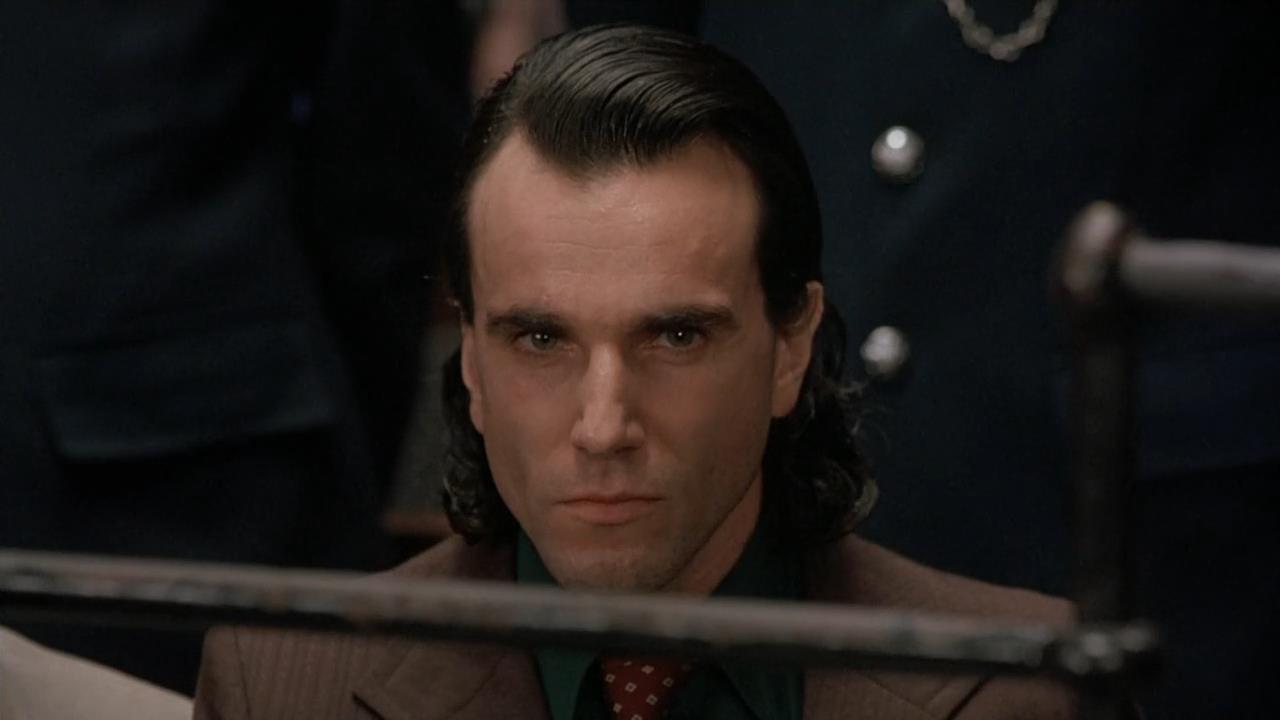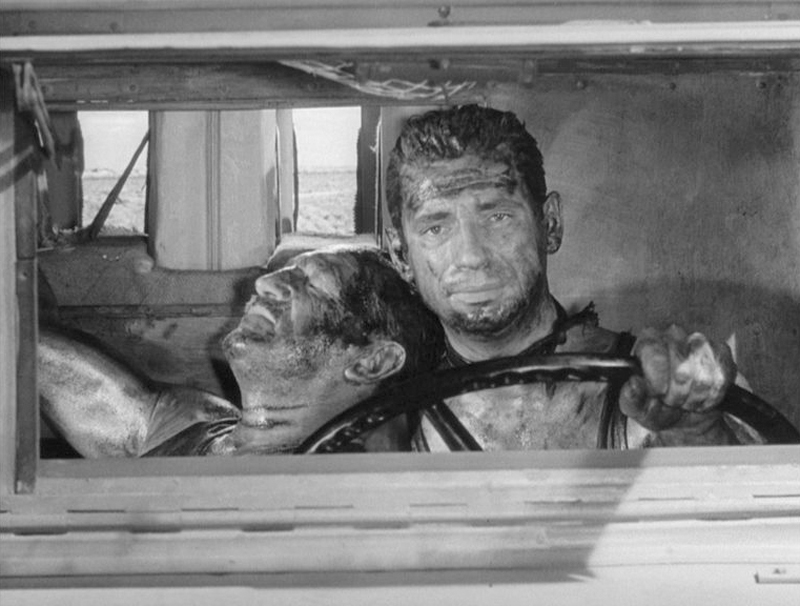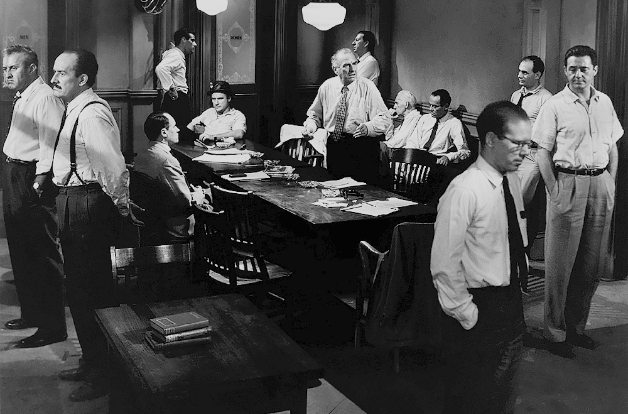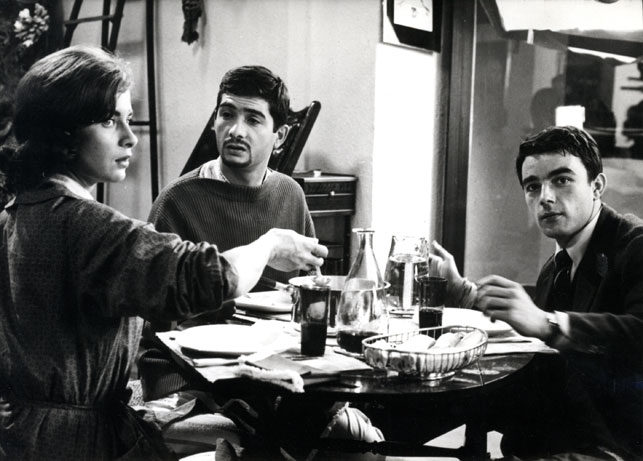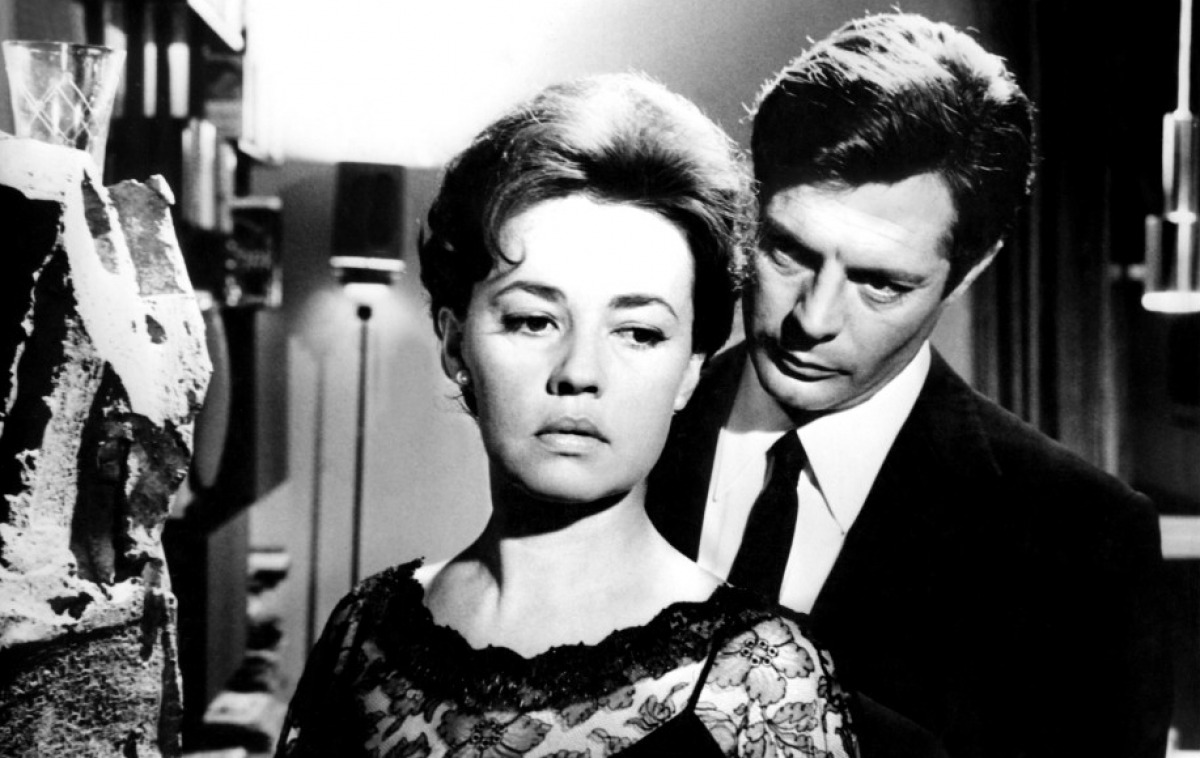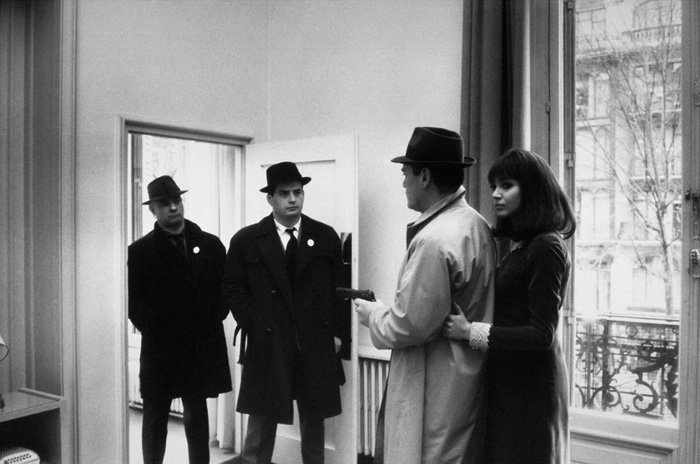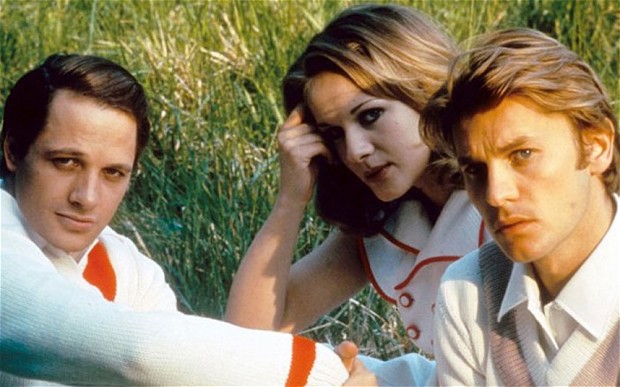The Berlin Film Festival, one of the most important film festivals in Europe and in the world, has taken every February since 1951. Along with the Cannes and Venice Film Festivals, they form the triad of the most prestigious film festivals in the world. Berlinale, as the event is also known, was created as an initiative from the United States, who occupied part of the city after World War II.
The festival features films that represent different parts of the world, which are recognized with several awards, the main ones being the Golden Bear and the Silver Bear. The Golden Bear is the most prestigious award of the festival and one of the most important in the world cinema. It recognizes both feature films and short films. A jury of film professionals decides the winners. As chairmen of its jury, the Berlin Film Festival has hosted filmmakers such as Costa Gavras and Darren Aronofsky.
The last feature film honored by the Golden Bear was the Iranian film Taxi by Jafar Panahi, which has yet to be commercially released in several countries. While we wait for it to hit theaters, enjoy this selection of 25 great films presented with the Golden Bear at the Berlin Film Festival over the years.
1. The Wages of The Fear (Henri-Georges Clouzot, 1953)
Four unemployed and miserable men, who live in a poor village in South America, accept a dangerous mission: to carry a highly explosive load of nitroglycerin in non-structured trucks through roads in miserable conditions. A simple oversight can put everyone’s lives at risk.
The film, which was remade in the hands of William Friedkin in 1977 (Sorcerer), is a striking portrait of man’s greed, and the precariousness of labor, through exploration and the devaluation of life.
As these men follow the rugged gorge, Clozout sadistically puts many obstacles in their way, bringing tension and a sense of imminent danger. Throughout the film, we realize that these men have abandoned any mask of civility and uncover their selfish and opportunistic instincts, acting primitively, representing themselves as a threat just as big as the explosives.
Acclaimed by critics and audiences, Le Salaire De La Peur was one of the first winners of the Golden Bear, and was awarded two prizes at the Cannes Film Festival in the same year.
2. Hobson’s Choice (David Lean, 1954)
Henry Hobson is an alcoholic widower who has three unmarried daughters, all of them working at his shoe store without getting paid. Working alongside his daughters, Maggie, Alice and Vicky, there is Willie Mossop, the most prominent shoemaker in the region. He is forced to put up with his boss who treats everybody with arrogance and authoritarianism.
At one point, Hobson decides to arrange a marriage for his younger daughters, while spreading gossip about Maggie in the pubs to keep her single and working for him.
Maggie then rebels and, against the will of his father, marries the illiterate and renegade Willie. Together, they open a new shoe store, which drives Hobson crazy because he realizes that the couple’s business is going very well and he’s losing his clients to them.
A delightful comedy of manners, starring the brilliant Charles Laughton, “Hobson’s Choice” is part of the intimate run of acclaimed films from great filmmaker David Lean, best known for great productions such as “Lawrence of Arabia,” “Doctor Zhivago” and “The Bridge on the River Kwai”. In addition to the Golden Bear in Berlin, it also won the BAFTA for Best British Film.
3. 12 Angry Men (Sidney Lumet, 1957)
Racial and class prejudices come to the fore in this thought-provoking drama directed by Sidney Lumet, filled with great performances and memorable dialogues. A young Puerto Rican man is accused of killing his father. The 12 jurors meet to decide the sentence, with the guidance that the defendant should be considered innocent until proven otherwise.
Eleven of them, each with their reason, vote for conviction. Henry Fonda plays the only juror who believes in the innocence of the boy. As he tries to convince others to rethink the ruling, the film reveals the personal beliefs that lead each of the jurors to consider the boy guilty.
Henry Fonda starred in and produced this film, and this is Lumet’s theatrical debut, with the script adapted from the eponymous TV show by Reginald Rose. The film was almost instantly critically acclaimed, it was shot almost completely on the same set, and was also nominated for Academy Awards and Golden Globes.
4. Wild Strawberries (Ingmar Bergman, 1957)
Elected in 2004 by The New York Times as one of the “1000 Best Movies Ever Made”, this may be the sweetest masterpiece from acclaimed Swedish filmmaker Ingmar Bergman. It is a very influential film that served as inspiration for many movies, such as recent Oscar nominee “Nebraska”. “Wild Strawberries” features a brilliant performance from Victor Sjöström, an actor and one of the most important Swedish filmmakers even before Bergman.
The story revolves around medical professor Isak Borg who, along with his daughter-in-law Marianne (Ingrid Thulin), travels to the city of Lund to receive an honorary degree from an university for his 50-year career anniversary. On the way, he recalls key moments throughout his life, all while fearing death approaching.
Throughout the story, he meets several people, including a group of teenagers who remind him of his youth, and a couple who reminds him of the married life he had, rethinking the choices and attitudes that took over his life and the negative influence it had under his son, played by Gunnar Björnstrand.
5. Les Cousins (Claude Chabrol, 1959)
One of the biggest titles in French New Wave, “Les Cousins” is different because it is set in the urban environment of the bourgeois society, unlike the films that gave rise to the movement.
The story revolves around two cousins, Charles and Paul. Charles is from a small French town and was sent by his mother to live with his cousin in the big city and make the entrance exam for university. While he is sincere, loyal, and somewhat naive, Paul is a sophisticated playboy, without any worry about tomorrow and responsibility with others, or himself.
With the participation of one of the most respected actresses of French cinema, Stéphane Audran, who would later marry Chabrol, the film is accompanied by beautiful cinematography from Henri Decaë. It sided with the direction of Chabrol, and honestly captured Charles’ personality changes, from a naive boy from the countryside to a man who gradually becomes influenced by his cousin’s bourgeois life style amidst the big city. At the same time, Chabrol makes a pertinent criticism of French institutions, especially universities.
6. La Notte (Michelangelo Antonioni, 1961)
The second feature of Michelangelo Antonioni’s modernity and its discontents trilogy, completed with “L’Avventura” (1960) and “L’Eclisse” (1962), “La Notte” was completed at the peak of Antonioni’s prestigious career. Here, he presents much of the melancholic themes that would incorporate his trademark: boredom, incommunicability and the stunted emotions of the rich class.
The film shows a day in the life of a couple, Lydia (Jeanne Moreau) and Giovanni (Marcelo Mastroianni), one night during a party filled with distress and lustful moments, where they set off on a involuntary search for answers to the crisis of their relationship.
7. Alphaville (Jean-Luc Godard, 1965)
In the 60s, Jean-Luc Godard was one of the greatest components of European cinema, delivering a string of critically acclaimed films lead by “Breathless” (1960), as well as one of the minds behind one of the most important movements in cinema of the 20th century, French New Wave.
This sci-fi film tells the story of detective Lemmy Caution, an American spy who arrives in the futuristic city of Alphaville, located on another planet, in search of Professor Von Braun, developer of the Alpha 60, a computer that dominates the local population by abolishing their feelings and any other kind of individual expression.
Lemmy has the mission to persuade the teacher to destroy his creation, however, during the adventure, he falls in love with Natacha, the evil scientist’s daughter, played by Godard’s muse Anna Karina.
8. The Garden of the Finzi-Continis (Vittorio De Sica, 1970)
Based on the novel by Giorgio Bassani, this film by Vittorio De Sica, one of the most influential Italian Neorealism filmmakers, received several awards in addition to the Golden Bear, including the Oscar for Best Foreign Language Film.
The film is set in the late 1930s, before World War II, in the city of Ferrara, Italy. It tells the story of the Finzi-Contini’s, an important aristocratic Jewish family in town. When the Italian fascists join forces with Nazi Germany, and the persecution of Jews starts through Italy, The Finzi-Contini’s decide to open the doors of their mansion to shelter persecuted friends.
